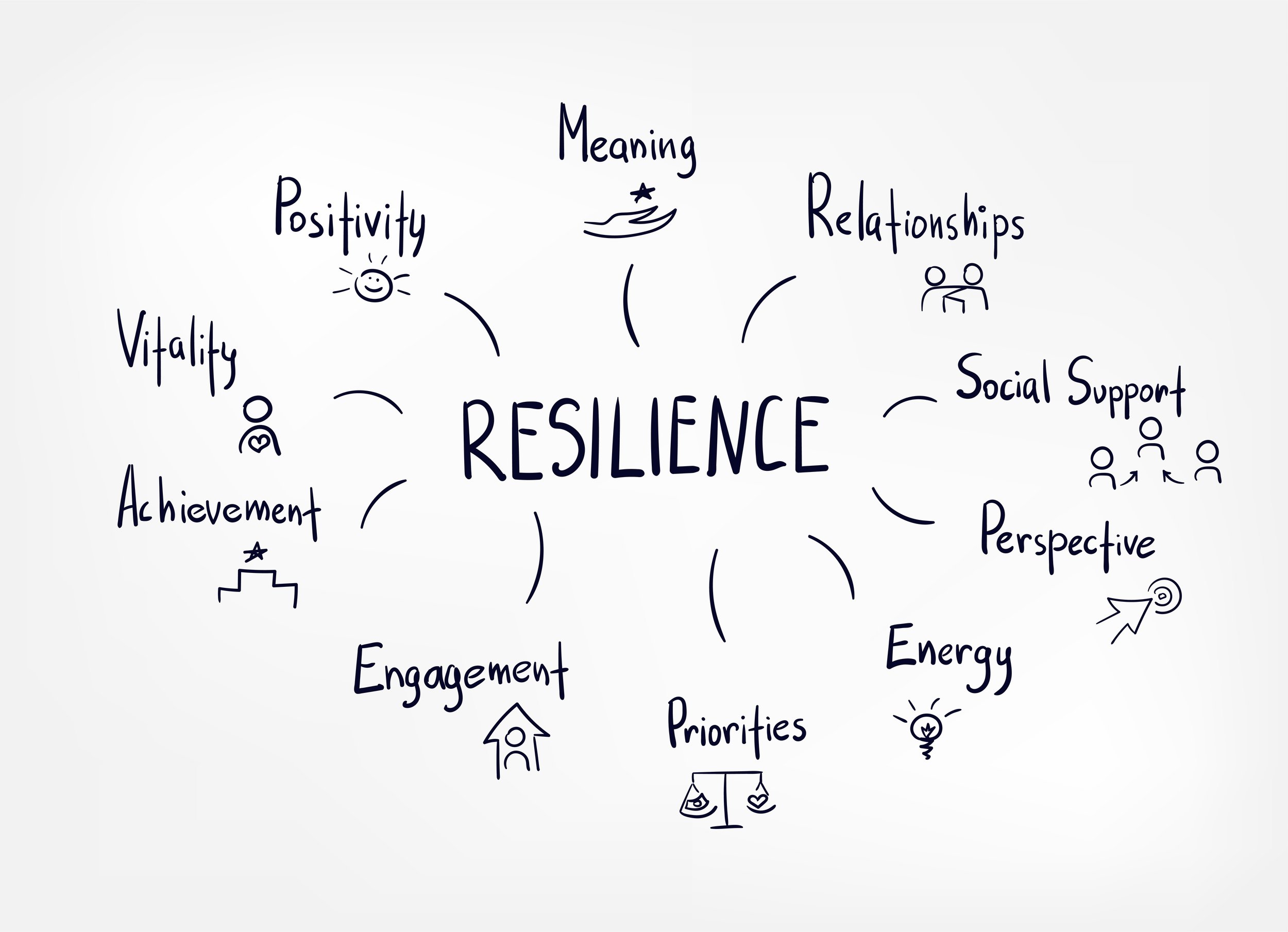DISCOVERY
1. FINDING, UNCOVERING, UNEARTHING
2. REALIZING, RECOGNIZING, REVEALING
3. CREATING A NEW PERSPECTIVE AND WAY OF LIFE
Discovering resiliENCE & Mental health
Human resilience is two sides of the same coin, or our strength and capability to do life well and meet our challenges, as well as our ability to respond to adversity, especially toxic stress.
In the first, it’s the confidence, competence, and compassion that leads to being able to deal with the challenges in life extremely well. First and foremost are caring relationships, or to feel liked, loved, comforted, and supported. After that, it’s learning basic competencies and skills so that we feel able to meet the challenges in life, and especially to pick ourselves up when life has knocked us down.
The second type of resilience is our response to toxic stress. Toxic stress is living in constant fear, like domestic violence, failing at school or work, or not measuring up on social media. Again, and importantly, caring relationships are the basis for feeling resilient to those sources of toxic stress. We also can learn competencies or skills to deal with toxic stress, and we can also learn how to make changes, if we can, to eliminate toxic stress. More than anything, however, caring relationships give us the most resilience to toxic stress.
Both types of resilience relate to mental health. When we are resilient to life’s challenges, we feel sturdier, happier, and more capable to meet these challenges head-on. When building resilience in the face of toxic stress, we are much less likely to experience clinical anxiety or depression. Building resilience and having resilience is often the key difference between success or failure, or mental health or mental illness.
Finally, we can intentionally work to build resilience in four specific and important areas: our families, our schools, our workplace, and our communities.

